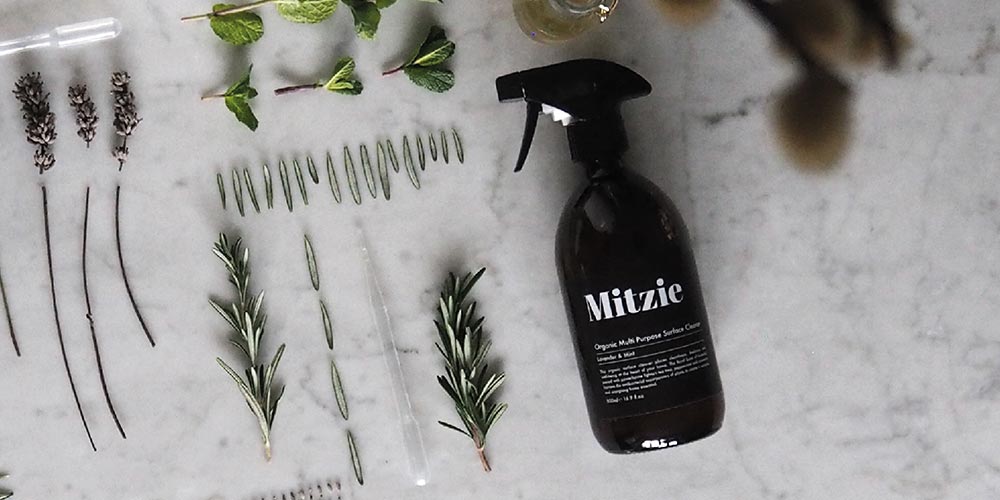The antimicrobial activity of essential oils is a fascinating topic. The reason of course is that if you are using essential oils for specific healing purposes or in creating a wonderfully clean home environment then understanding which oils kill and deter microbes is very important.
Recently I came across a research paper on this very topic. The crux of the research was to measure essential oil types in their antimicrobial capabilities against various bacterial strains. While science has generally accepted that essential oils do have these properties, there had been scant studies conducted against a broad variety of oils available on the market.
As a biologist by trade I was confident that I knew the answers…but in truth, I was extremely surprised by the results of this research. Previously I believed oregano oil, tea tree and thyme oil to be top of the list. But in actual fact lemongrass matched oregano and bay oil as the three top agents across a range of bacteria.
The next group of most effective oils were found to be palmarosa, tea tree, niaouli, peppermint, spearmint, sage and marjoram. However these oils were not so effective against the bacterium Pseudomonas aeruginosa which really surprised me as this nasty little critter is the cause of the major hospital infections and pneumonia.
The next important point of interest is that if you are interested in oils to target specific bacterium then you need to look outside the general broad results above and look at individual oil ratings against each specific type of bacteria. For example the thyme showed the highest efficiency against Candida albicans (yeast causing symptoms like thrush) and vetiver showed the highest efficiency against Staphylococcus aureus (pnemonia, golden staph infection).
The research found rather average antimicrobial results for lavender, lemon, ginger and eucalyptus which I also did not expect.
Even with these scientific results we need to be aware that aromatherapy is not an exact science and that reactions occur in the real world, at different temperatures, variable humidity, in sunlight and in darkness. In terms of our own wellness, bacteria play an equal role in providing us with health benefits as it does in facilitating disease.
So what does research like this mean to us? Well to myself it means that I will be trialing some different oils for use in my home made cleaning products for starters. Perhaps lemongrass will no longer be used exclusively for insect repellent……and the other winner in my mind is vetiver…not only does this oil smell divine, it kills one of the most common communicable disease causing bacteria found in our urban environments.


Love this information, thank you
Will be trialling it on some stubborn issues with patients..